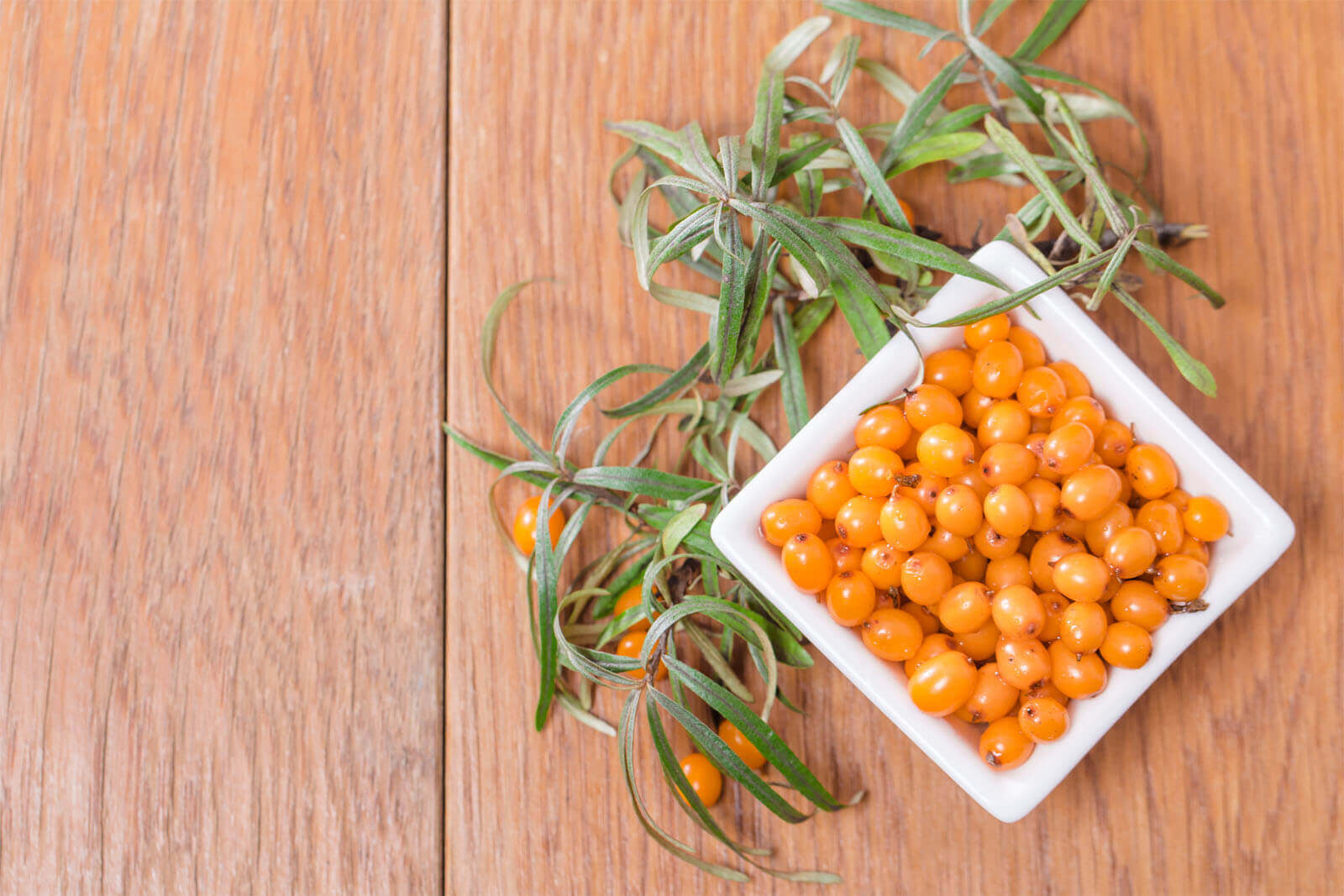Inflammation
Our body is an amazing creation and it will try and protect itself from harm – inflammation being one of its processes to this end. Some inflammatory responses are transient with a welcome outcome, such as swelling around a wound as our body heals it – we feel warmth and there is localised redness as our white blood cells release chemicals to combat infection.
Other inflammatory responses are not welcome, such as arthritis, appendicitis, peritonitis, osteoarthritis …
An inflammatory disorder may occur when the immune system triggers inflammation in error, when there is no infection (eg: asthma, rheumatoid arthritis, peptic ulcer, ulcerative colitis, Crohns, disease, sinusitis …)
Not surprising, “stress” can over time, behind the scenes quite unnoticed, lead to inflammatory problems. Chronic stress due to long term anxiety from a bad relationship, illness or unhappy work environment can take its toll – the stress hormone cortisol is involved in regulating our inflammatory response but chronic stress can reduce this hormone’s effectiveness. Resultantly, inflammation is left unchecked, plus, chronic stress appears to increase the production of inflammatory white blood cells rendering a person at higher risk of inflammatory disease (heart, arthritis …)
There are “inflammatory foods” – you may have come across things that in your own diet cause inflammation.
- sugar
- dairy
- alcohol
- trans fats
Cigarette smoking irritates our sensitive lung tissue and the ensuing inflammatory response can worsen lung health. Some researchers believe that this chronic injury (ie persistent smoke irritation) may be a reason why lung cells begin to mutate and progress to lung cancer. Even non-smokers breathing “smoker’s exhaust fumes” can be effected this way so avoiding 2nd hand smoke and other air pollution by enjoying as much fresh clean air as possible is important. Happily, research has shown that in just weeks of giving up smoking, a person’s inflammation markers drop considerably. Hence the expression: It Is Never Too Late To Give Up Smoking” – benefits will happen.
Probiotics have gained respect in that they encourage “good bacteria”. We need good bacteria to create a healthy environment within our body for correct digestion and metabolism. So when we learn that nearly three quarters of our immune cells are in our intestines, and bacteria in our gastro-intestinal tract can suppress or activate inflammation, we can see the value of probiotics (eg yoghurt, kefir, sauerkraut, miso soup, pickles, tempeh, buttermilk …)
Excessively drinking alcohol produces toxic by-products as the body breaks down the alcohol. The liver features prominently in this process and continual drinking to excess can lead to a fatty liver leading to chronic liver inflammation leading to cirrhosis. Moderation :o)
Arthritis is commonly referred to as a condition frequently experienced as one ages. There are dozens of different types of arthritis, the two complained about most often are osteoarthritis (OA) and rheumatoid arthritis (RA). Don’t confuse OA with osteoporosis.
No surprise that arthritic symptoms may present as we age beyond our 65th birthday. They may be gradual or sudden. Arthritis is more common in women and those who are overweight. (Younger people, even children, can develop arthritic symptoms but thankfully this is not a common occurrence).
Joint injury or joint infection can exacerbate the natural wear and tear to joint cartilage which is the shock-absorbing connective tissue in our joints. This wear and tear causes osteoarthritis. Rheumatoid arthritis is actually an autoimmune disorder. The body’s immune system attacks itself: this effects the synovium which is the soft tissue in the joints that produces a fluid that nourishes and lubricates the joints.
The well-known symptoms of OA are joint pain, joint swelling, stiffness with decreased range of movement. There may be redness around the joint and the pain may be worse in the morning, and in cold weather.
For those with RA, there may also be tiredness and loss of appetite, anemia and joint deformity.
X-rays, MRI’s and CT scans may be used to correctly diagnose the condition to rule out other possible causes of symptoms. Analgesics may be taken for the pain, and nonsteroidal anti-inflammatory drugs (NSAID’s) may be taken for both the pain and inflammation.
Exercising the effective regions strengthens the surrounding muscles keeping joints flexible.
Reducing excess weight can prevent OA or reduce symptoms if OA has already manifested.
Foods and drinks which are anti-oxidants can help reduce inflammation (ie green tea, garlic, eggplant, citrus fruits, apples, leafy greens, turmeric – the list is very long so try Googling “antioxidants”
It is hard to avoid birthdays but we do have control over our lifestyle. When we look after ourselves, we are rewarded, and, like the smoking reference above, it is never too late to make positive changes to our habits and thoughts – benefits will happen.
Good Luck.
We are not healthcare or medical professionals and the information contained here is not to be taken as medical advice. It is recommended that you consult you healthcare professional prior to taking any supplements and always read the label, use only as directed, and if symptoms persist, see your healthcare professional.
